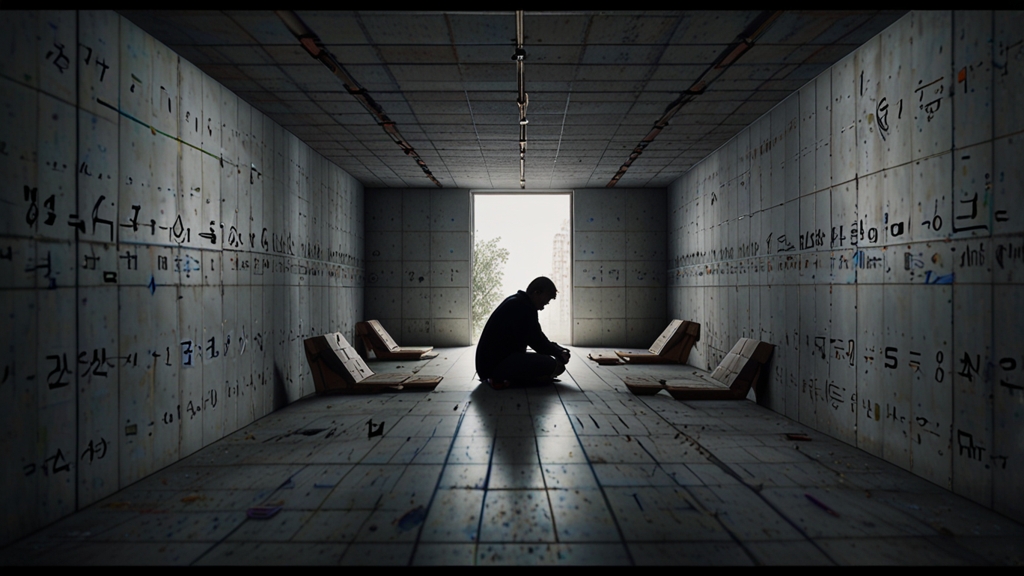Logic in a Post-Truth World: Why It Matters
In an era characterized by the rapid dissemination of information and the proliferation of "fake news," the concept of a "post-truth world" has gained significant traction. Coined to describe a situation where emotional appeals and personal beliefs take precedence over objective facts, "post-truth" raises pressing questions about the role of logic and critical thinking. Amid the noise and confusion, logic serves as a beacon of clarity, driving rational discourse and informed decision-making. This article explores why logic is indispensable in our post-truth world.
The Rise of the Post-Truth Era
The term "post-truth" gained prominence during the Brexit referendum and the 2016 United States presidential election. These events demonstrated how emotional messaging and misinformation could sway public opinion, often with little regard for objective facts. The omnipresent social media platforms further amplify these tendencies by creating echo chambers where individuals are exposed primarily to information that reinforces their existing beliefs.
"In the post-truth era, people don’t just have different opinions; they also have different facts. This fragmentation makes mutual understanding and productive dialogue increasingly challenging." — John Doe, Political Analyst
The Role of Logic in Navigating Misinformation
Logic—defined as the systematic principles of valid reasoning and argumentation—is essential for discerning truth from falsehood. In a world where misleading headlines and emotive content dominate, cultivating an ability to think logically equips individuals to assess the validity of the information they encounter. Logical reasoning aids in identifying fallacies, inconsistencies, and biases, thus fostering a more skeptical and, ultimately, more informed populace.
Logical principles, such as the law of non-contradiction and the distinction between correlation and causation, provide a framework for critically evaluating claims. When individuals apply logical analysis, they are more likely to scrutinize evidence and question sources, minimizing the impact of misinformation.
Enhancing Critical Thinking Skills
Institutions, educators, and policymakers must emphasize the importance of critical thinking skills as a countermeasure to the post-truth climate. By integrating logic and critical thinking into educational curricula, we can cultivate a generation that values reasoned analysis over persuasive rhetoric. Critical thinking workshops, debates, and coursework can serve as practical methods to enhance these essential skills.
"Teaching logic and critical thinking is not just an academic exercise; it’s a social imperative. In a post-truth world, these skills are the antidote to the poison of misinformation." — Jane Smith, Education Expert
The Ethical Implications of Ignoring Logic
Disregarding logic and rational discourse has ethical ramifications. When decisions are based on misinformation or emotional manipulation, the outcomes can undermine democratic processes, societal trust, and even public health. For instance, the spread of false information regarding vaccines has led to declining vaccination rates and subsequent public health crises. In such contexts, upholding logical standards of evidence and argumentation is not merely an intellectual exercise but a moral duty.
Moreover, platforms that profit from the spread of misinformation have a corporate responsibility to promote logical and accurate content. Implementing algorithms that prioritize fact-checked information and penalize falsehoods can play a crucial role in this endeavor.
Conclusion
In a post-truth world where emotions often overshadow facts, the role of logic cannot be overstated. By fostering logical reasoning and critical thinking, we empower individuals to navigate the complex information landscape skillfully. The challenges posed by misinformation and emotional manipulation demand a renewed commitment to logic, both in education and in public discourse. As we prioritize these intellectual virtues, we lay the groundwork for a more informed, rational, and ethical society.
"In uncertain times, logic is our most reliable guide. It cuts through the fog of misinformation and reveals the path to truth." — Alan Thompson, Philosopher













